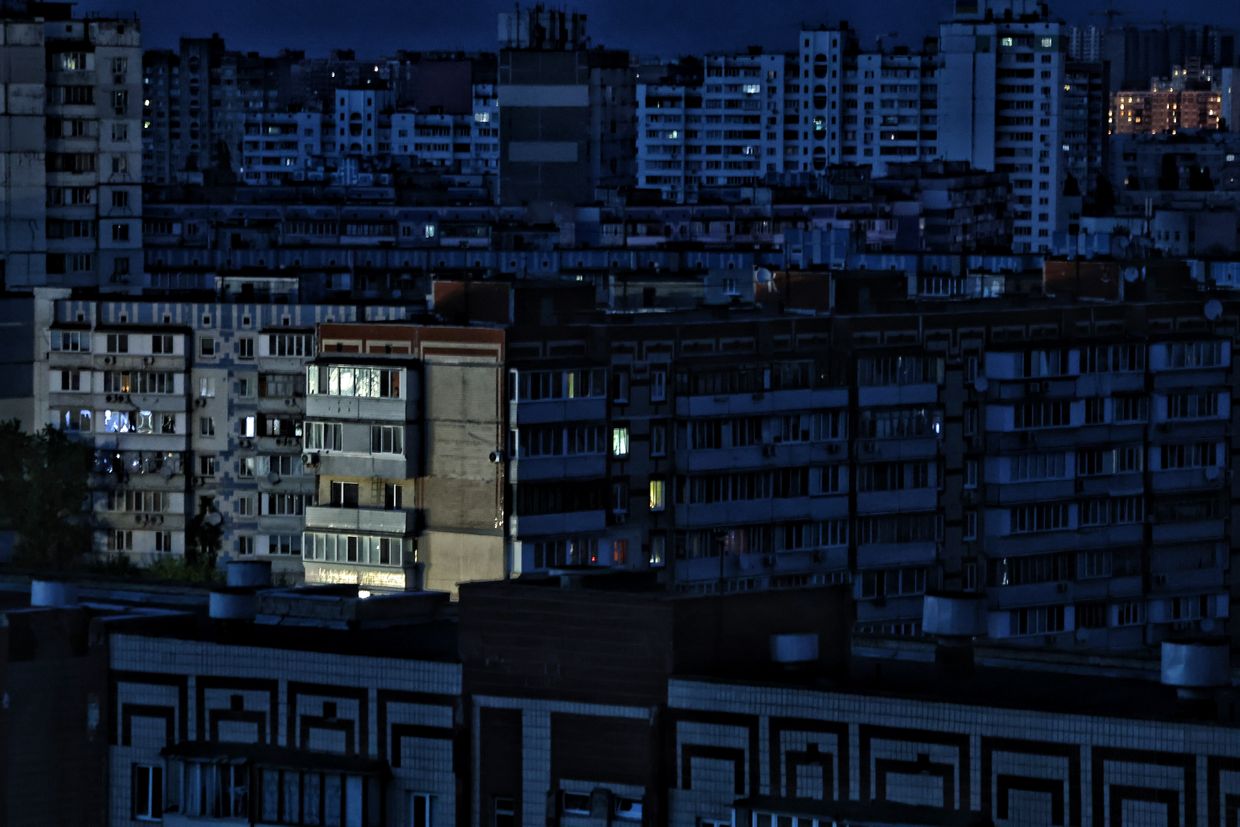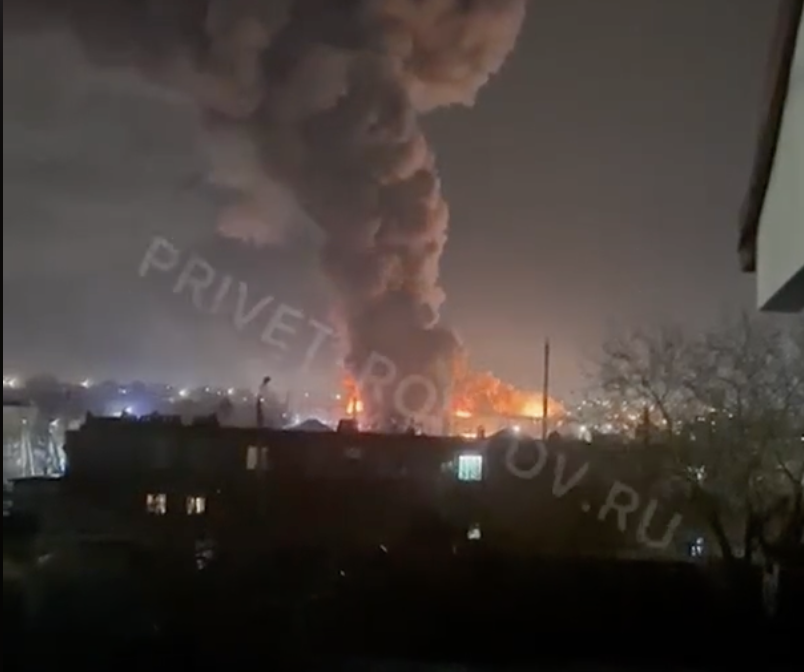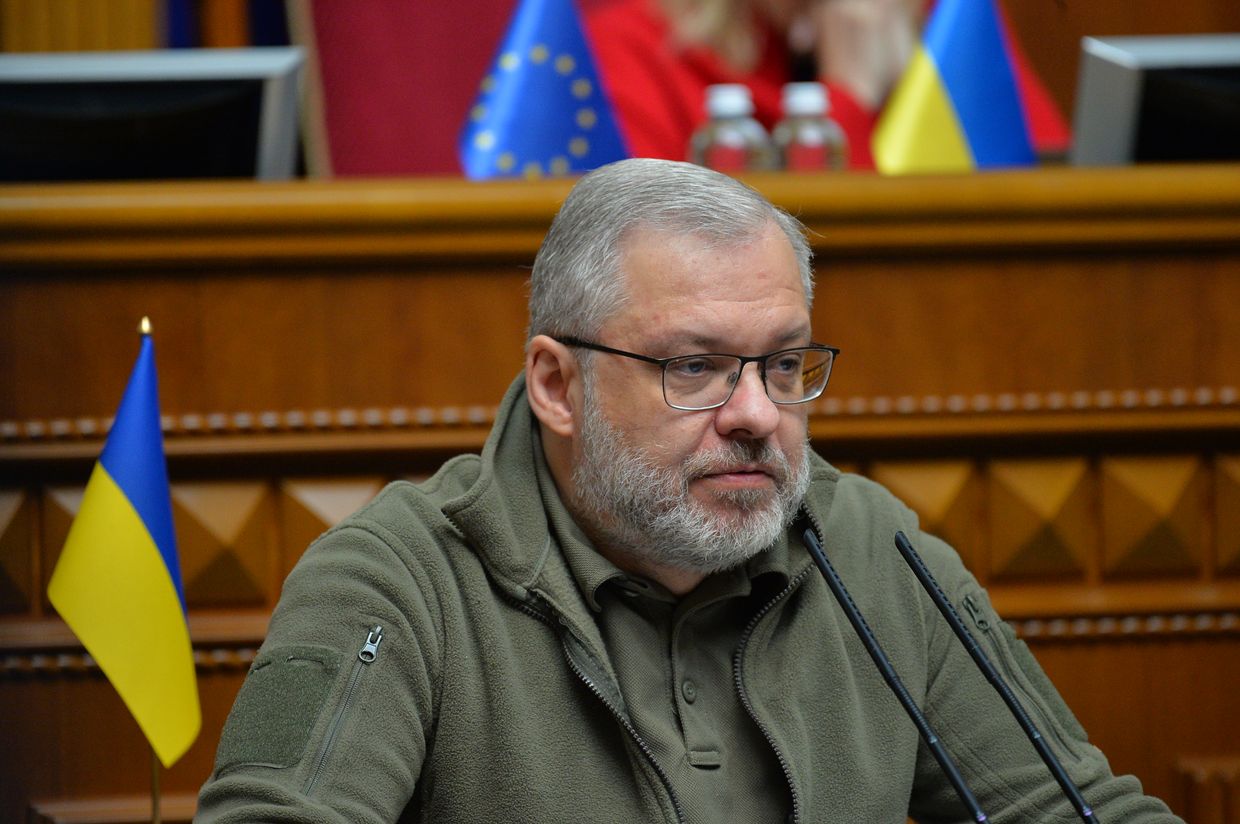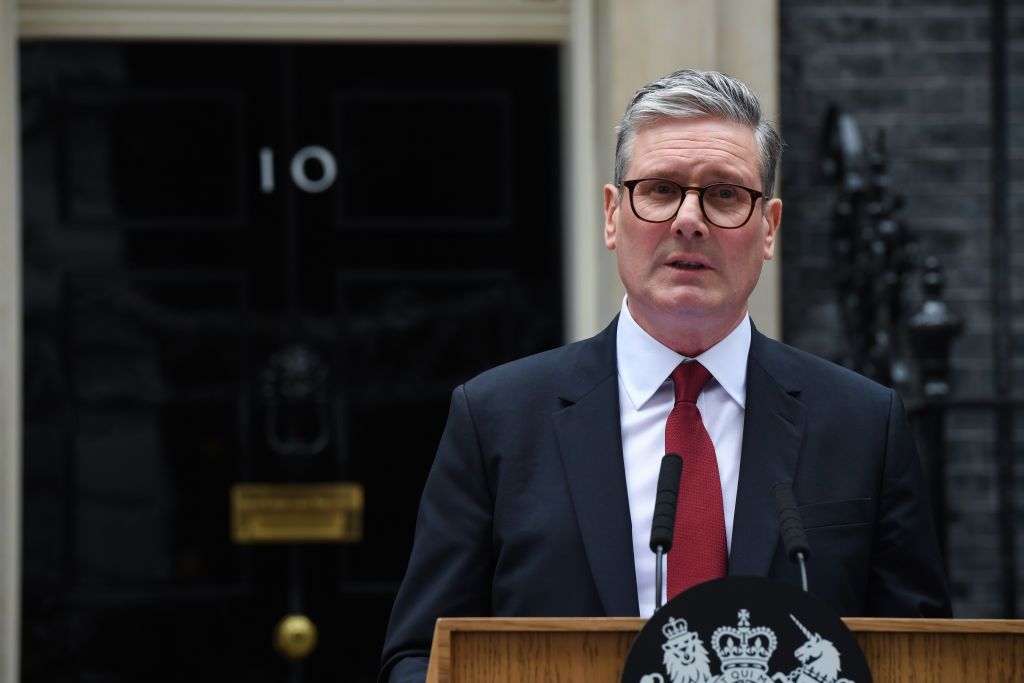The "heating season" refers to the colder period of the year, usually starting in mid-October and lasting until April.Russia carried out a massive campaign of aerial attacks against Ukraine's energy infrastructure over the spring, similar to the one launched during the fall and winter of 2022-23.The damage caused a serious energy deficit and necessitated rolling blackouts across the country.Speaking at the Energy in Industry 2024 exhibition in Kyiv, officials said the Ukrainian energy sector had shown its ability to implement innovative solutions during the war, and that Russia failed to destroy Ukraine's economy.Ukrainian officials have warned that Moscow is preparing to carry out strikes against Ukrainian nuclear facilities ahead of the winter months as it seeks to plunge the country into a lasting cold aimed at breaking Ukrainians' resolve.Between March and August of this year, Russia also destroyed all thermal power plants and almost all hydroelectric capacity in Ukraine, President Volodymyr Zelensky said in late September.According to an International Energy Agency (IEA) report, Ukraine's electricity shortage could reach 6 gigawatts this winter as a result of the attacks, which is about one-third of the expected peak demand.Ukraine braces for winter freeze amid potential Russian strikes targeting nuclear powerUkraine is set to face its toughest winter since the start of the full-scale invasion as Russia eyes cutting off its nuclear power after already bombing out capacity from half of its electricity generation sector in large-scale air strikes.
Content Original Link:















